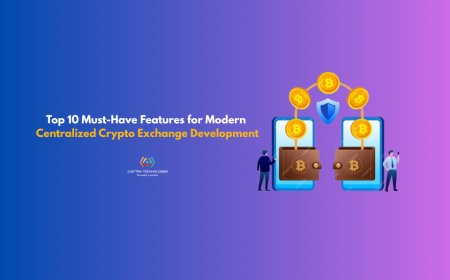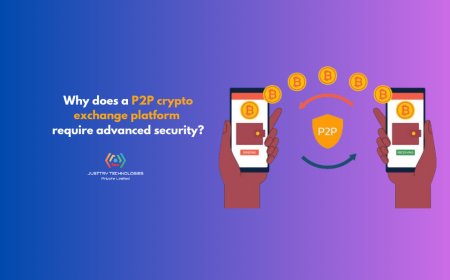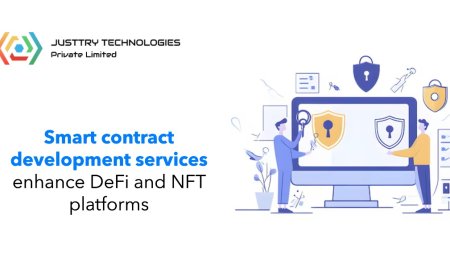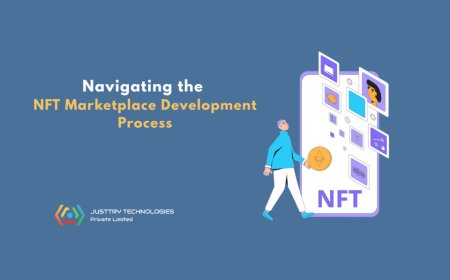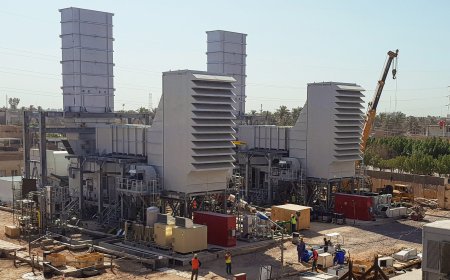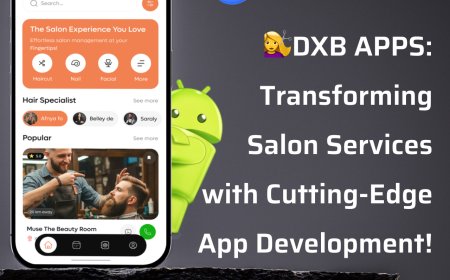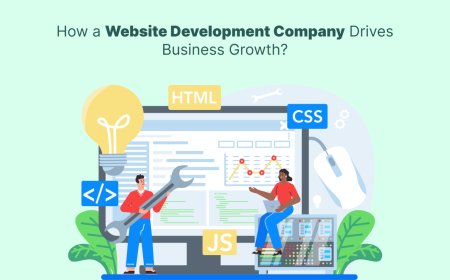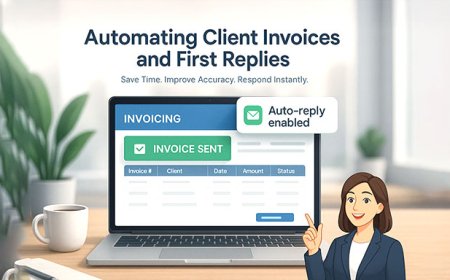What Tech Stack Is Best for Real Estate Mobile App Development Today?
A forward-thinking real estate mobile app development company can help you make these decisions strategically, ensuring a smooth development process and optimal real estate app development cost.

In todays fast-evolving digital landscape, the real estate industry is transforming rapidly with the help of advanced technologies. Real estate mobile app development has gained significant momentum, enabling buyers, sellers, and agents to engage in property-related activities with greater ease and convenience. Choosing the right tech stack is one of the most critical decisions for businesses aiming to build successful apps in this space. The tech stack determines how well the app performs, scales, integrates with third-party tools, and delivers a seamless user experience.
This article explores the most effective tech stack for real estate app development in 2025, along with insights into how to choose a reliable real estate app development company, the estimated real estate app development cost, and considerations if you plan to develop a virtual property tour app.
Understanding the Importance of Tech Stack in Real Estate App Development
The tech stack refers to the combination of programming languages, frameworks, tools, and libraries used to develop a software application. In the context of real estate mobile app development, the tech stack you choose plays a vital role in app speed, security, data handling, scalability, and overall user experience.
Whether youre building a full-featured real estate marketplace or looking to develop a virtual property tour app, the selection of the right tech components will affect not only the initial performance but also future enhancements and integrations.
Front-End Technologies for a Real Estate App
The front-end is what users see and interact with. For real estate apps, this includes search filters, map integrations, image galleries, booking features, and property tour functionalities.
For iOS development, Swift is the go-to language due to its speed and Apple-optimized performance. On the Android side, Kotlin is widely preferred for its modern syntax and compatibility with Android libraries.
Alternatively, many companies now adopt cross-platform frameworks like Flutter (by Google) or React Native (by Meta) to build apps that work on both iOS and Android with a single codebase. Flutter is gaining strong traction due to its native-like performance and rich widget support, while React Native is appreciated for its flexibility and vibrant developer community.
A good real estate app development company will often recommend cross-platform frameworks to save time and reduce development costs without compromising on performance.
Back-End Technologies for Managing Data and Logic
The back-end is responsible for processing user requests, storing property listings, handling user authentication, and supporting app logic.
Node.js is a popular back-end runtime environment known for its event-driven architecture and ability to handle multiple requests efficiently. Its a favorite for real-time apps, including those with features like property chat, agent support, or live booking calendars.
Python (with Django or Flask frameworks) is also commonly used, especially when incorporating machine learning models for property recommendations or price forecasting.
Ruby on Rails, while slightly less common today, is still favored by some startups for its simplicity and rapid development features.
Database management is equally critical. MongoDB is a leading NoSQL database suitable for flexible property data structures, while PostgreSQL and MySQL are strong relational database options for structured data needs.
For a scalable and cloud-based back-end, many companies opt for Firebase or AWS Amplify, especially when targeting MVPs or small-to-mid-scale applications.
Essential APIs and Integrations in Real Estate Apps
Real estate mobile app development is not just about building from scratchit also requires seamless integration with third-party services and APIs.
Google Maps API is indispensable for displaying property locations, enabling neighborhood views, and offering directions.
MLS (Multiple Listing Service) integrations help fetch real-time property listings, prices, and availability.
Payment gateways like Stripe or PayPal are essential if the app supports online booking or reservation fees.
If you want to develop a virtual property tour app, integration with 360-degree camera tools, video hosting platforms (like Vimeo or AWS), and AR/VR SDKs is necessary. Unity and Unreal Engine are suitable for developing immersive property walkthroughs, while WebXR and ARKit/ARCore can enhance AR features.
Cloud Services and DevOps Tools for Real Estate Apps
Hosting and scalability are vital concerns. Cloud providers like Amazon Web Services (AWS), Google Cloud Platform (GCP), and Microsoft Azure offer the infrastructure needed to host your back-end services and store large volumes of property data, media files, and user content.
DevOps tools like Docker, Kubernetes, and Jenkins are used to automate deployment, scale services, and ensure smooth updates, especially as your user base grows.
A reliable real estate mobile app development company will integrate these cloud services with robust monitoring tools such as New Relic or Datadog to ensure high availability and minimal downtime.
UI/UX Design Tools for Real Estate App Interfaces
The user interface and overall user experience are vital for customer retention. Tools like Figma, Sketch, and Adobe XD help design intuitive and visually appealing interfaces. These tools allow the design team to collaborate seamlessly and create interactive prototypes for stakeholder feedback before development begins.
A quality real estate app development company will prioritize a mobile-first and user-centric design approach, ensuring that users can browse listings, view property images, and contact agents with minimal effort.
Security and Compliance Considerations
Real estate apps deal with sensitive user data, including personal information, financial details, and geolocation. Your tech stack should include security frameworks for end-to-end encryption, OAuth 2.0-based authentication, SSL certificates, and compliance with GDPR or CCPA, depending on your target market.
Incorporating security at every level of the stack is critical to protect user trust and ensure app longevity.
Estimating Real Estate App Development Cost
The real estate app development cost depends on various factors, including the features, tech stack, platform (iOS/Android), and region of the development team.
For a simple real estate listing app, the cost can range from $10,000 to $20,000. For more advanced apps with features like virtual tours, AR integration, chat support, and real-time notifications, the price can go beyond $25,000+. Hiring a skilled real estate mobile app development company can help ensure you get the best value for your investment, with scalable and future-ready architecture.
Why Tech Stack Choice Influences the Future of Your App
Choosing the best tech stack is not just a one-time decision. It directly impacts your ability to innovate, scale, and meet user demands. A well-chosen stack allows your team to roll out new features faster, integrate with the latest technologies, and maintain high performance under heavy user load.
By working with an experienced real estate app development company that understands these technologies and business goals, you can ensure long-term success.
Conclusion
The real estate sector is being transformed by smart, scalable, and feature-rich mobile apps. Whether you aim to build a basic property listing platform or want to develop a virtual property tour app, your choice of tech stack will determine how successful your app becomes in the marketplace. From front-end frameworks like Flutter and React Native to robust back-end options such as Node.js and Python, each element of the tech stack must be carefully selected. A forward-thinking real estate mobile app development company can help you make these decisions strategically, ensuring a smooth development process and optimal real estate app development cost.









